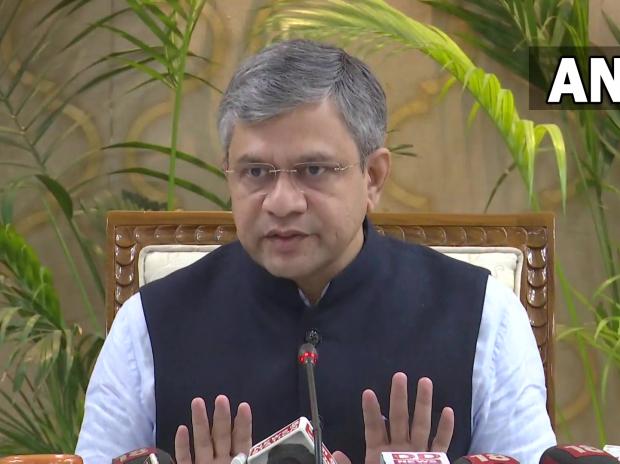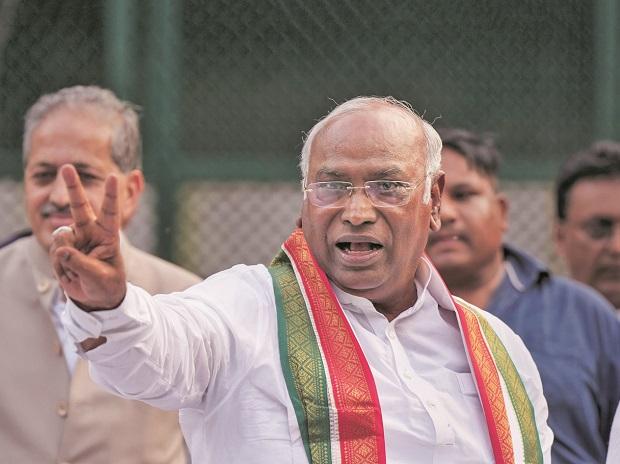WHAT IS INFLATION

Inflation
Inflation can be defined as a persistent rise in the general price of goods and services of common or daily use — such as clothing, food, fuel, transport, etc — which results in an increase in the cost of living.
Inflation is the measure of change in average price of services and commodities, done at regular intervals. It indicates a decrease in the purchasing power of a unit of a nation’s currency as the products and services get more expensive. Basically, inflation is the difference between aggregate demand and aggregate supply of goods and services. When aggregate demand exceeds the supply of goods at current prices, there is a rise in the price level.
A certain level of inflation is required in the economy to ensure that expenditure is promoted and money hoarding through savings is discouraged.
How is inflation measured?
In India, there are two main sets of inflation indices to measure changes in price levels — Consumer Price Index (CPI) and Wholesale Price Index (WPI). These indices measure changes at the retail and wholesale price levels, respectively. CPI tracks any shift in retail prices of essential and daily goods and services consumed by households across the country. In short, it captures changes in price level at the consumer level.
WPI, on the other hand, is the average change in the price of commodities at the wholesale level. It considers the price of goods traded among corporations, not goods purchased by consumers. The aim of WPI is to monitor price drifts that reflect demand and supply in manufacturing, industry and construction.
RELATED BUDGET TERMS
INFLATION NEWS
-
 Early pivot unlikely in the face of persistent inflation: UTI AMC's Chopra
Early pivot unlikely in the face of persistent inflation: UTI AMC's Chopra
"Credit funds have performed quite well in 2022, on the back of an improving economic cycle, low-interest rates, and easing ...| January 30, 2023, Monday -
 US consumer spending softens in December even as inflation eases
US consumer spending softens in December even as inflation eases
The data was included in the advance fourth quarter gross domestic product report, which showed consumer spending maintaining a ...| January 28, 2023, Saturday -
 Card spending slows, hurting revenue growth amid inflation, says Mastercard
Card spending slows, hurting revenue growth amid inflation, says Mastercard
Net revenue for the fourth quarter jumped 12% to $5.82 billion, in line with the $5.8 billion average of analyst estimates ...| January 26, 2023, Thursday -
 Pakistan's State Bank raises key rate by 100 basis points as crisis mounts
Pakistan's State Bank raises key rate by 100 basis points as crisis mounts
State Bank of Pakistan raised the target rate to 17%, a move expected by 25 of 43 economists in a Bloomberg survey. The majority ...| January 23, 2023, Monday -
 Poll-bound Tripura, Nagaland, Meghalaya depend on Centre for development
Poll-bound Tripura, Nagaland, Meghalaya depend on Centre for development
In line with other states, inflation remains a worry in Tripura and Nagaland, though Meghalaya has controlled it a bit more ...| January 19, 2023, Thursday -
 Current account deficit likely to narrow in 2023: RBI's January bulletin
Current account deficit likely to narrow in 2023: RBI's January bulletin
The central bank cites IMF's calculations that have predicted India to be a $-5.4 trillion economy by 2027| January 19, 2023, Thursday -
 High inflation causing tension between monetary and fiscal policy: Gopinath
High inflation causing tension between monetary and fiscal policy: Gopinath
On what needs to change, she said for the countries to manage such a difficult trade-off right, fiscal policy has to play a role| January 18, 2023, Wednesday -
 India's response to Covid ensured moderate inflation, high growth: Vaishnaw
India's response to Covid ensured moderate inflation, high growth: Vaishnaw
The minister said India's economy has been resilient and the policy framework has been for a sustained growth with a very ...| January 18, 2023, Wednesday -
 Step out of your homes against inflation, unemployment: Congress Prez
Step out of your homes against inflation, unemployment: Congress Prez
Kharge said Rahul Gandhi is standing against the hatred and appealed to the people to join his mega walkathon| January 18, 2023, Wednesday -
 Inflation may be past peak but cost of living crisis far from over: Experts
Inflation may be past peak but cost of living crisis far from over: Experts
Inflation is likely to have reached its peak in 2022 but there is no end in sight for the cost of living crisis, experts said on ...| January 17, 2023, Tuesday


